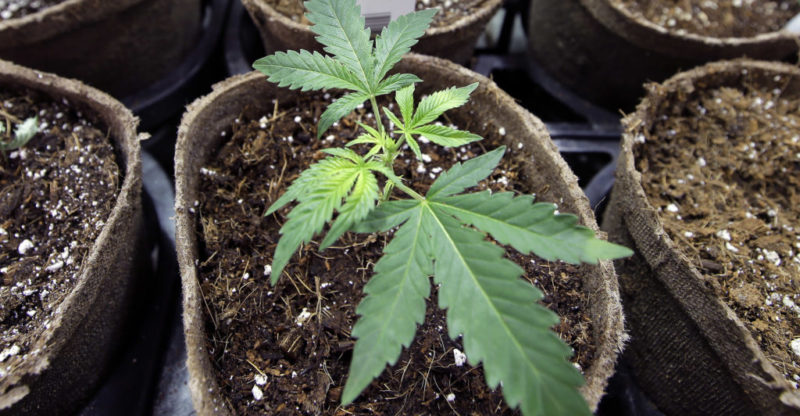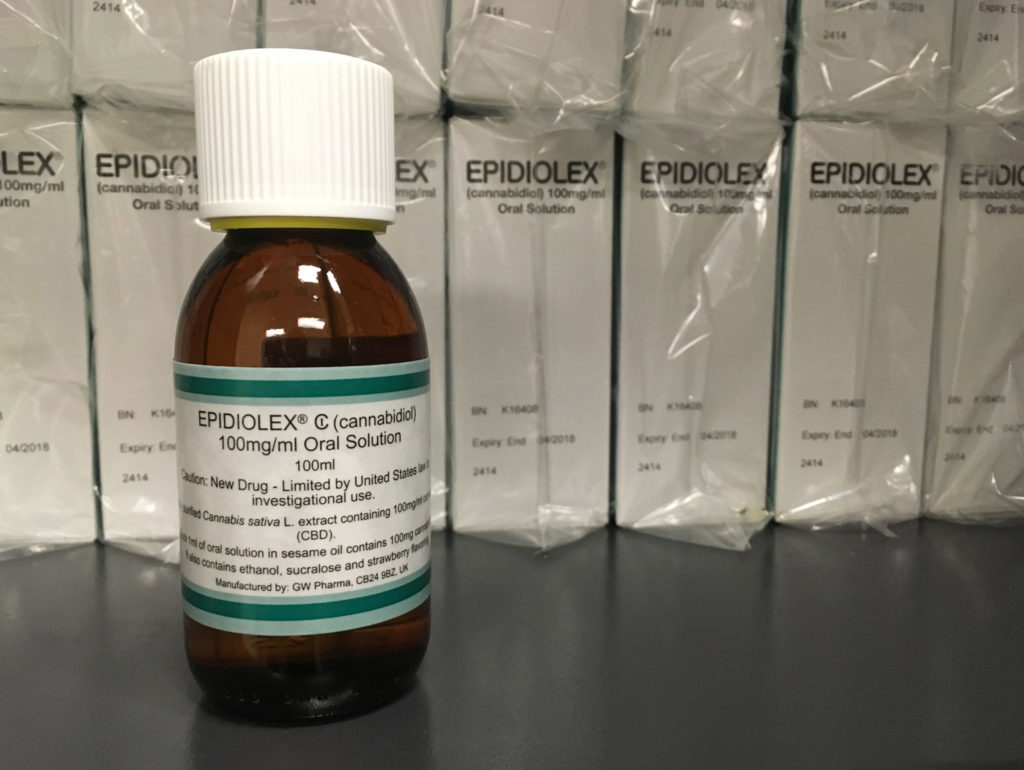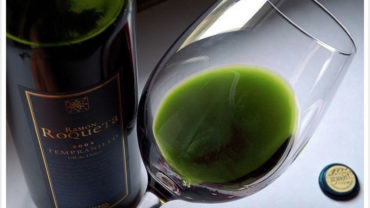Scientists and patients who’ve long held that cannabis can be used to treat illness and disease are finally getting some backing from the federal government.
The Drug Enforcement Agency currently lists cannabis as a Schedule 1 drug, meaning that it has no known medical use and a high potential for abuse.
But in a very narrow ruling, the DEA recently said that patients who suffer from two specific types of epilepsy could benefit from taking Epidiolex, a new anti-seizure medication derived from cannabis.
Epidiolex largely consists of cannabidiol, or CBD, a compound in cannabis that does not get people high.
The DEA decided to classify Epidiolex as a Schedule 5 drug, which would rank it with cough medicines.
The move has caused some confusion. The Union-Tribune sought clarity from Dr. Igor Grant, a psychiatrist who helps lead UC San Diego’s Center for Medicinal Cannabis Research.
Q: The DEA says marijuana does not have proven medical value, but that Epidiolex does, and that it has a low potential for abuse. Isn’t that a contradiction?
A: It is a contradiction.
The DEA’s thinking has been that anything that directly comes from the marijuana plant — the flowers and leaves — is automatically a Schedule I drug. Epidiolex comes from the plant. It is highly purified. But it is not a synthetic compound developed in a chemistry lab.
What may have motivated the DEA is that there is pretty compelling evidence that Epidolex — which is mostly CBD — helped treat epilepsy in children. The DEA’s ruling is highly restricted — to one product.
Q: OK. But it seems that the government thinks there might be broader medicinal value in CBD. Didn’t the government recently give UC San Diego permission to import CBD from Canada for a clinical trial in humans who suffer from essential tremor?
A: Yes. There is a company — Tilray — that distributes medicinal cannabis products and formulations in Canada. They have an oral formulation that’s mostly CBD. One of the researchers here at UC San Diego — Dr. Fatta Nahab — worked with Tilray and the government to get approval to have it imported.
If Dr. Nahab’s study shows that this particular CBD product is effective in controlling essential tremor in older people, I think there will be a push to have the drug approved for that purpose.
Q: Does this indicate that CBD is becoming more acceptable to the US government?
A: There is a growing consensus in the medical community that CBD should be tested for several conditions. And I think there is a growing political consensus that CBD is unlikely to be dangerous — that it wouldn’t cause addiction. It doesn’t get people high.
I think that CBD eventually will be legalized and reclassified as a Schedule 5 drug. Some would argue that this should have been done long ago.
Q: What about marijuana itself? Do you think that the DEA will eventually downgrade it from a Schedule 1 drug? It’s now on the same list as heroin and LSD.
A: I think that is a political decision. If it were a medical and scientific decision, it would already have come off Schedule I. Marijuana should be Schedule 3, which is where you would find drugs like the lower doses of codeine. It is also where synthetic THC is listed.
I don’t think it’s likely that marijuana, overall, will be reclassified in the next year or two. But its more likely that that will happen to some of the constituents of cannabis.
Q: How should consumers regard CBD? I see it advertised everywhere. You can buy it in many places. But it is not regulated by the FDA. How does anyone know if it is safe or effective?
A: We should be cautious because we still don’t really know what CBD does do and doesn’t do, or what the right dose is. There haven’t been enough studies. And we don’t really know how much CBD is in the products people buy in unregulated places.
The advertisement could say that it has a certain level (of CBD) and it might not have any at all, and there could be other ingredients like THC (which makes people high), or other chemicals.
The San Diego Union-Tribune










